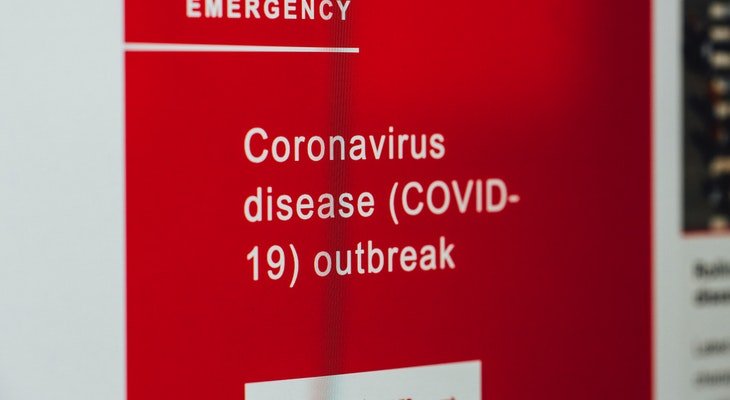Latest Updates on Coronavirus Healthcare Legislation
June 9, 2020

The coronavirus pandemic is a rapidly changing situation in terms of federal and state guidance. Fortunately, legislative changes regarding health insurance and healthcare delivery have occurred more slowly.
This post will highlight the latest updates on coronavirus healthcare legislation. Please bear in mind that nothing new has come out of Washington in this regard since late April. The two most important pieces of federal legislation impacting healthcare delivery and health insurance are the Coronavirus Aid, Relief, and Economic Security (CARES) Act and the Paycheck Protection Program and Healthcare Enhancement Act (PPP).
The CARES Act was passed by Congress on March 27 of this year. Its provisions related to healthcare accomplish a number of things. The highlights are as follows:
Federal Funding
The Cares Act has created a $100 billion fund to help cover the costs assumed by eligible healthcare providers in their efforts to treat COVID-19. Funds can also be accessed by providers to cover financial losses resulting from the pandemic.
Telehealth
Telehealth services have been expanded under the CARES Act to facilitate more emergency care without requiring office visits. In addition, the FCC has been given $200 million to enhance telecommunications and information services for the purposes of promoting telehealth.
Medicare and Medicaid Reimbursements
The legislation temporarily suspends sequestration while simultaneously increasing direct payments to providers by some 20%. Expanded eligibility requirements will allow more people to qualify for Medicare and Medicaid in relation to their COVID-19 treatment.
Private Health Insurance
Under the Cares Act private health insurance providers must cover COVID-19 testing at 100%. They can institute co-pays for COVID-19 treatments, with the exception of preventative services and vaccines, which must be provided at no cost to patients.
Though the main thrust of the PPP was to support employers by providing funds to protect worker paychecks, the legislation does include a number of healthcare provisions. Here are the highlights of those:
Additional Federal Funding
The legislation provides an additional $75 billion to support healthcare providers. The money is intended to cover the costs of treating COVID-19 and make up for any losses that providers might experience as a result of not providing other services. The funds will be administered as grants through HHS.
Funding for Testing
The legislation makes an additional $25 billion available through HHS to expand COVID-19 testing. The funds will support research and development, test manufacturing, and distribution. Under the law, states and local municipalities must also outline their own testing plans along with mitigation strategies.
The $25 billion in funding will be partly allocated as follows:
The total cost of the bill is $484 billion. This amount funds financial enhancements of many of the programs originally established by the CARES act.
As you can see, neither piece of legislation significantly impacts employee healthcare benefits. Indirectly, employers who take advantage of CARE Act and PPP loans in order to keep employees on the payroll may be able to continue health insurance benefits.
Employer-sponsored health plans remain unavailable to those employees who were laid off, with the exception of those who continue to pay for their own benefits through COBRA. If you are a BenefitMall client and you have questions, please do not hesitate to contact us for guidance.